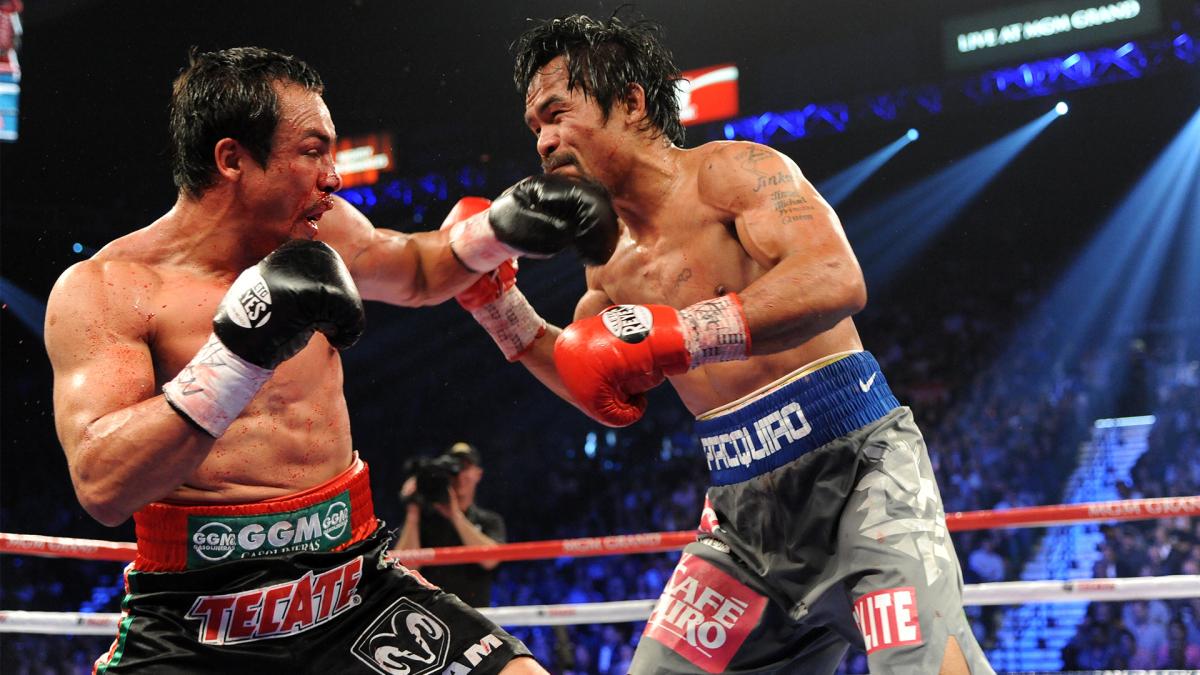Inside The ‘Wild F—ing West’ of Boxing Judging

Steve Weisfeld can trace his interest in boxing judging to the day: Jan. 24, 1976. It was the day his grandmother, Dora, passed away. Also that day: George Foreman, in his first fight after losing his heavyweight titles to Muhammad Ali, faced Ron Lyle. Weisfeld’s family, grieving, watched Foreman pick up a fifth-round knockout. They enjoyed the action. A 10-year-old Weisfeld wondered how it was being scored. “I remember wanting the right guy to win,” says Weisfeld. “And I was hooked.”
Globally, there are a few thousand licensed boxing judges, with a few hundred in the U.S. There is no national commission; each state has its own licensing criteria. Weisfeld was first licensed in New Jersey, which required judges to have five years of amateur experience. After that, there was a one-year apprentice program that included attending every fight in the state. Weisfeld recalls regularly making the three-hour drive from Fair Lawn to Atlantic City (and back) to observe shows.
Today, Weisfeld has been licensed to judge fights in roughly half the states in the U.S. (Judges licensed in reputable states like New Jersey or Nevada are often licensed by other state commissions without any extra training.) He will judge 25–30 shows per year. It isn’t glamorous. He flies in Friday. He works a card Saturday—a judge often doesn’t know which fights he is working until the day of—and flies out Sunday. It isn’t especially lucrative, either. Judges make anywhere from $75 to 100 to work club shows to a few thousand for bigger ones. Weisfeld, a Cornell Law School graduate, works full time as a real estate attorney.

But it does have its moments. Weisfeld was ringside scoring the first fight between Arturo Gatti and Micky Ward. “By the ninth round, you knew this was something special,” says Weisfeld.
He worked the fourth fight between Manny Pacquiao and Juan Manuel Márquez, a back-and-forth battle until Márquez detonated a right hand that made Weisfeld’s scorecard irrelevant.
Some experiences were less memorable. In 2011, Weisfeld was in Argentina working a 105-pound title fight between Luis Lazarte, a local favorite, and Ulises Solís. Weisfeld, along with the other two judges, scored the fight for Solís. The boos were deafening. Says Weisfeld, “We got out of there pretty quick.”
The Association of Boxing Commissions offers “general rules” for boxing judging. But they are more about preparation (“Eat light at least four to five hours before”) than actually scoring a fight. Weisfeld tries to keep it simple. When scoring rounds, Weisfeld looks for who lands the most punches. He tracks effective punches. When both are close, it’s down to which fighter appeared to control the round.
Judging, says Weisfeld, “is a tremendous responsibility.” Judges are a lightning rod for criticism, and many don’t have anything close to the training Weisfeld received. “It’s the Wild F---ing West out there,” says one promoter. A bad decision, especially for young fighters, can be career damaging. Weisfeld says his objective is the same as it was in his living room watching Foreman-Lyle: Get it right. “We’re trying to make a difference for fighters,” says Weisfeld. “And make a positive impact on the sport.”
